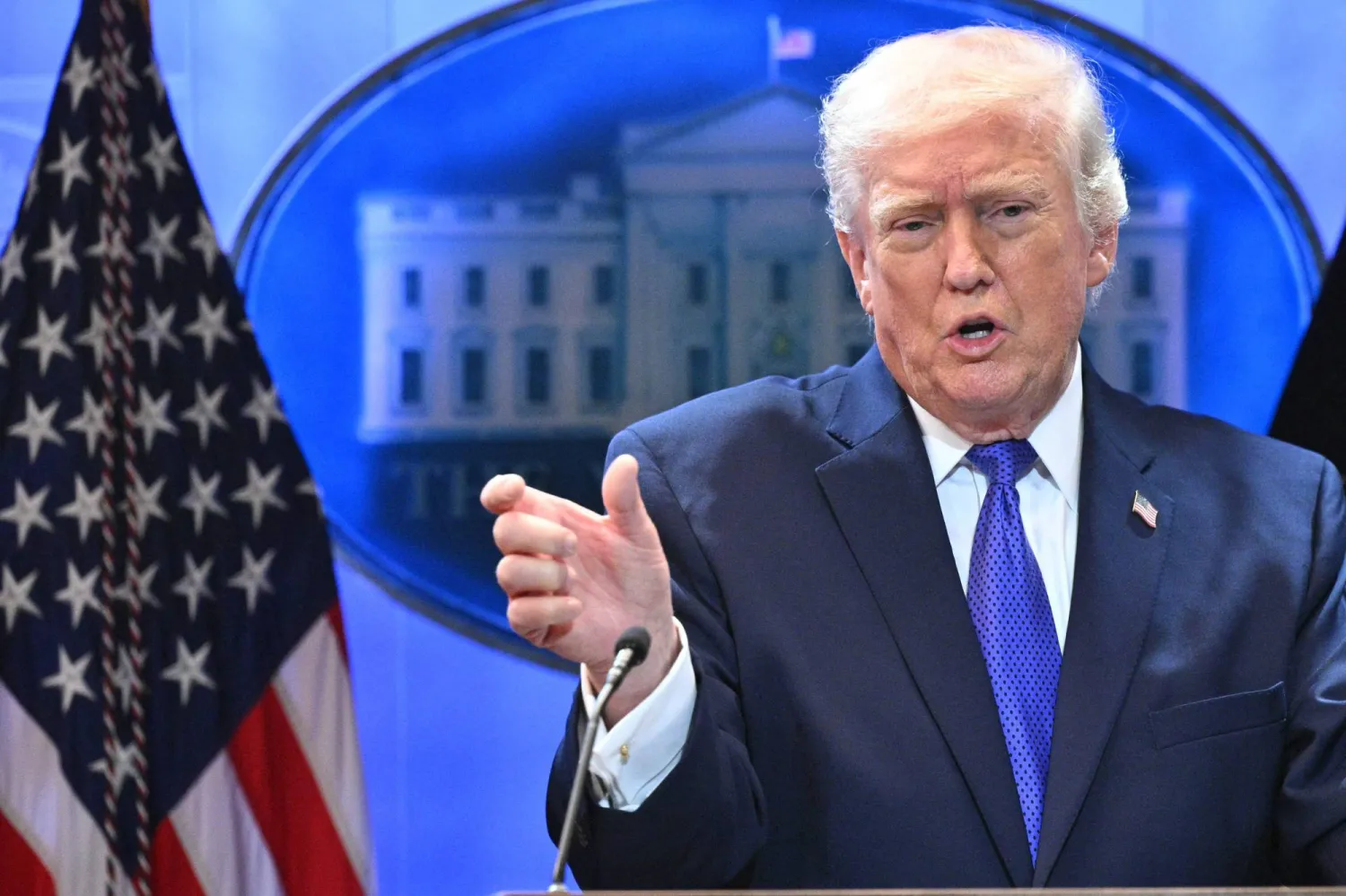Relative moderate Masoud Pezeshkian urged people on Saturday to stick with him on "the difficult road ahead" after beating a hardline rival to win Iran's presidential election.
Friday's run-off vote was between Pezeshkian, the sole moderate in the original field of four candidates, and hardline former nuclear negotiator Saeed Jalili.
Pezeshkian, a 69-year-old cardiac surgeon, has pledged to promote a pragmatic foreign policy, ease tensions over now-stalled negotiations with major powers to revive a 2015 nuclear pact and improve prospects for social liberalization and political pluralism.
However, many Iranians are skeptical about his ability to fulfil his campaign promises as Supreme Leader Ayatollah Ali Khamenei, not the president, is the ultimate authority in the country.
"Dear people of Iran, the election is over, and this is just the beginning of our working together. A difficult road is ahead. It can only be smooth with your cooperation, empathy and trust," Pezeshkian said in a post on social media platform X.
"I extend my hand to you and swear on my honor that I will not abandon you on this path. Do not abandon me."
Turnout was almost 50% in Friday's vote, following historically low turnout in the first round ballot on June 28, when over 60% of Iranian voters abstained. The election was called after President Ebrahim Raisi was killed in a helicopter crash in May.
Commending the high turnout, Khamenei congratulated Pezeshkian on his win and counselled him to continue Raisi's policies.
Pezeshkian managed to win with a constituency - whose core was believed to be mostly the urban middle class and young - that had been widely disillusioned by years of security crackdowns that stifled any public dissent from religious orthodoxy.
Videos on social media showed his supporters dancing in streets in many cities and towns across the country and motorists honking car horns to cheer his victory.
FOREIGN POLICY
Pezeshkian's victory lifted hopes of a thaw in Iran's relations with the West that might create openings for defusing its nuclear dispute with world powers.
The election coincided with escalating regional tension due to the conflicts between Israel and Iranian allies Hamas in Gaza and Hezbollah in Lebanon, as well as increased Western pressure on Iran over its fast-advancing nuclear program.
Under Iran's dual system of clerical and republican rule, the president cannot usher in any major policy shift on Iran's nuclear program or support for militia groups across the Middle East, since Khamenei calls all the shots on top state matters.
However, the president can influence the tone of Iran's policy and he will be closely involved in selecting the successor to Khamenei, now 85.
Backed by Iran's reformist camp led by former President Mohammad Khatami, Pezeshkian is faithful to Iran's theocratic rule and has no intention of confronting the powerful security hawks and clerical rulers.
Foreign leaders sent congratulatory messages to Pezeshkian, among them Russian President Vladimir Putin.









